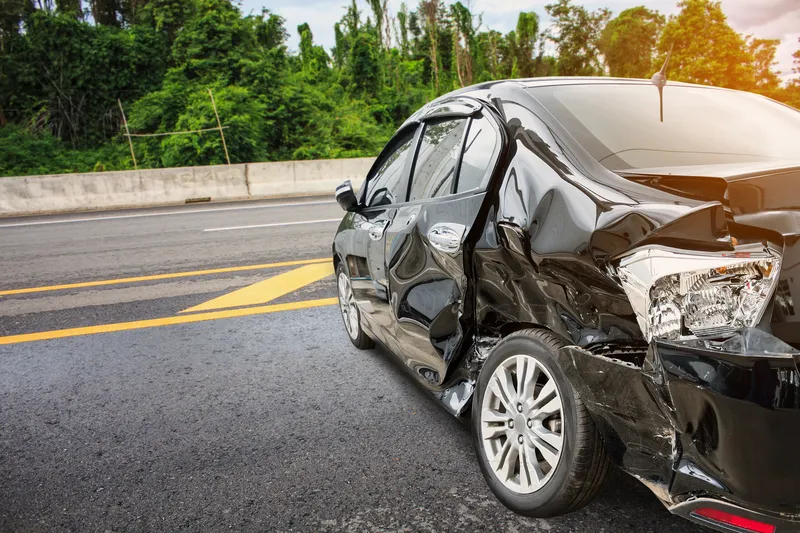Research by the UK’s Institute of Advanced Motorists (IAM) has found that three quarters of drivers are concerned that the use of intelligent speed adaptations (ISAs) will compromise safety.
Last month, the EU announced that it was considering rules for new cars to be installed with ISA technology, which would be capable of detecting speed limits through cameras or satellites and automatically applying the brakes. Existing vehicles could be forced to be retrofitted with the devices.
October 29, 2013
Read time: 2 mins
Research by the UK’s 6187 Institute of Advanced Motorists (IAM) has found that three quarters of drivers are concerned that the use of intelligent speed adaptations (ISAs) will compromise safety.
Last month, the EU announced that it was considering rules for new cars to be installed with ISA technology, which would be capable of detecting speed limits through cameras or satellites and automatically applying the brakes. Existing vehicles could be forced to be retrofitted with the devices.
Seventy-eight per cent of drivers don’t want to see the retro fitting of ISA technology onto older vehicles, while fifty-seven per cent of drivers feel that ISAs won’t have a positive impact on road safety – avoiding crashes, deaths and injuries.
There is overwhelming support for ISAs when vehicle control remains with the driver. Sixty-seven per cent of respondents would prefer ISAs to operate with warning messages with no control of the vehicle.
Respondents do feel that there are some benefits to ISAs. Fifty-two per cent see a reduced likelihood of speeding convictions and less money spent on traffic calming measures such as road humps.
Thirty-one per cent of respondents feel that, if enforced, ISAs should be restricted to younger drivers, newly qualified drivers and drivers with previous road-related convictions.
IAM chief executive Simon Best said: “ISAs could help to save lives but it’s clear that drivers remain dubious about the benefits of the technology. More research into the benefits would help to reassure the public that this will improve road safety. Unfortunately, over a third of respondents see this as a way of controlling drivers; I believe if drivers are trained properly and have access to on-going learning, the government would not need to enforce ISAs.”
Last month, the EU announced that it was considering rules for new cars to be installed with ISA technology, which would be capable of detecting speed limits through cameras or satellites and automatically applying the brakes. Existing vehicles could be forced to be retrofitted with the devices.
Seventy-eight per cent of drivers don’t want to see the retro fitting of ISA technology onto older vehicles, while fifty-seven per cent of drivers feel that ISAs won’t have a positive impact on road safety – avoiding crashes, deaths and injuries.
There is overwhelming support for ISAs when vehicle control remains with the driver. Sixty-seven per cent of respondents would prefer ISAs to operate with warning messages with no control of the vehicle.
Respondents do feel that there are some benefits to ISAs. Fifty-two per cent see a reduced likelihood of speeding convictions and less money spent on traffic calming measures such as road humps.
Thirty-one per cent of respondents feel that, if enforced, ISAs should be restricted to younger drivers, newly qualified drivers and drivers with previous road-related convictions.
IAM chief executive Simon Best said: “ISAs could help to save lives but it’s clear that drivers remain dubious about the benefits of the technology. More research into the benefits would help to reassure the public that this will improve road safety. Unfortunately, over a third of respondents see this as a way of controlling drivers; I believe if drivers are trained properly and have access to on-going learning, the government would not need to enforce ISAs.”









